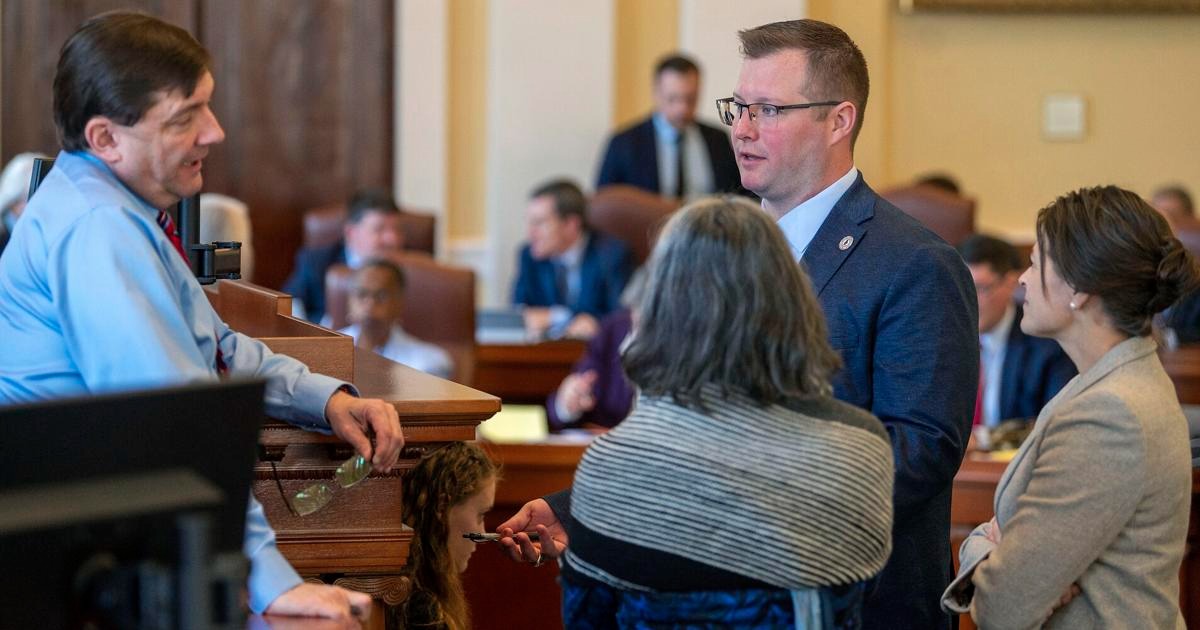On Wednesday, the Maine Legislature made gradual progress toward adjournment, tackling several key issues, including gun safety measures prompted by the state’s most severe shooting incident last fall. This tragic event, which resulted in 18 fatalities and 13 injuries, was perpetrated by an Army reservist and has since been a serious catalyst for legislative action.
The legislative session was marked by pressing deadlines and urgent deliberations. The governor’s initiatives to reinforce gun safety laws were among the proposals up for enactment.
These included strengthening Maine’s yellow flag law, enhancing background checks for private gun sales, and criminalizing the reckless sale of firearms to prohibited individuals.

Maine gun control bills (Credits: Fox 23 Maine)
A remarkable development occurred in the Senate, which narrowly passed a bill introducing a 72-hour waiting period for all gun purchases and a prohibition on bump stocks, which are devices that can convert semi-automatic firearms into fully automatic ones.
The Current Yellow Flag Law, Regarded as Excessively Complicated
However, not all measures had been addressed. A critical vote was pending on a red flag proposal championed by House Speaker Rachel Talbot Ross. This measure aimed to allow family members to petition a judge to remove firearms from someone deemed to be in a psychiatric crisis, shifting some responsibilities from police to families.
The current yellow flag law, considered overly complex by some critics, positions police as the primary agents in initiating protective measures. Despite these legislative actions, there was also tension between Governor Janet Mills and the Legislature concerning the allocation of funds to assist communities in recovering from storm damage.
This disagreement added a layer of complexity to the session’s final hours. Additionally, lawmakers were tasked with approving a contentious budget revision. Throughout the session, the political atmosphere was charged with accusations and defenses regarding the motivations behind the proposed gun safety bills.

Maine House passes controversial gun control bills (Credits: Maine Public)
Republicans criticized Democrats for allegedly exploiting the recent tragedy to manipulate public sentiment and push through controversial legislation, some of which had failed in past sessions.
On the other hand, supporters of the bills argued that the measures were a response to calls from constituents demanding effective action to prevent future violent incidents.
As the legislative deadline loomed, all parties involved were under pressure to finalize their decisions and set the course for Maine’s approach to gun safety and community recovery. The outcome of these deliberations would likely shape the state’s legislative and social landscape in the coming months.























